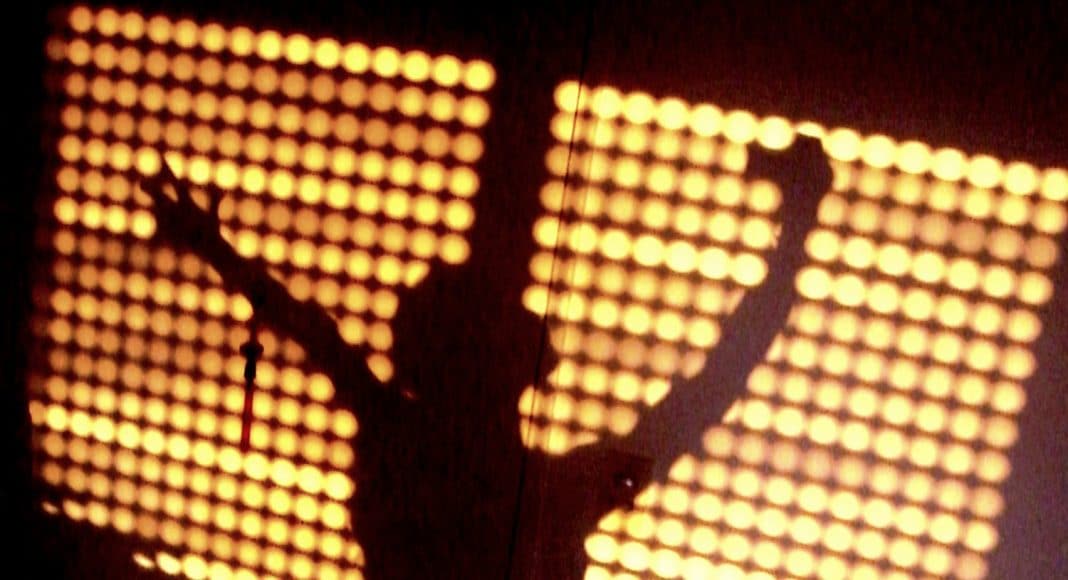Toking out in the green room might not make you better at speaking in public, but it will make you a more courageous one.
That’s the result of a 2011 study published in Neuralpsychopharmacology (my favorite nonosyllabic word). In an experiment sublime in both its simplicity and cruelty, a team of researchers from the University of Sao Paulo tested two sets of nervous speakers by dosing one with CBD, one of the active ingredients in marijuana, and giving the other a placebo. They then instructed the subjects to compose a four minute speech (on the scintillating topic of public transportation), which would be videotaped. Both were compared against a group of un-nervous speakers, a so-called healthy cohort.
The researchers were genuinely undecided going into the experiment, noting in the report that “the relationship of cannabis with anxiety is paradoxical.” On one hand, many cannabis users smoke specifically to manage their anxiety. But on the other hand, intense panic attacks are some of the most common of marijuana’s undesirable side effects.
The results, however, were unambiguous: The phobic speakers who had taken CBD felt less anxious and uncomfortable than their un-dosed peers. Their thinking was less impaired and they also felt less dread anticipating their performance. In fact, there was no appreciable difference between them and the healthy control group.
On the downside, the CBD cohort all delivered variations of the same talk, exhorting listeners to examine their hands—really examine their hands.
OK, that was a cheap joke. And an incorrect one too, because it’s not CBD, but the intoxicating THC that’s the cannabinoid responsible for stoney logic. But there was at least one nonfictional cause for possible concern in the trial: CBD “almost abolished” negative self-evaluation.
While it’s true that negative feelings perpetuate anxiety, it’s also true that negative self-evaluations are what drive us to improve. What’s missing from the study is whether the speakers’ self-satisfaction was warranted. In this age of TED-talk proliferation, the last thing we need is another influx of supremely confident speakers who actually have nothing to say.


